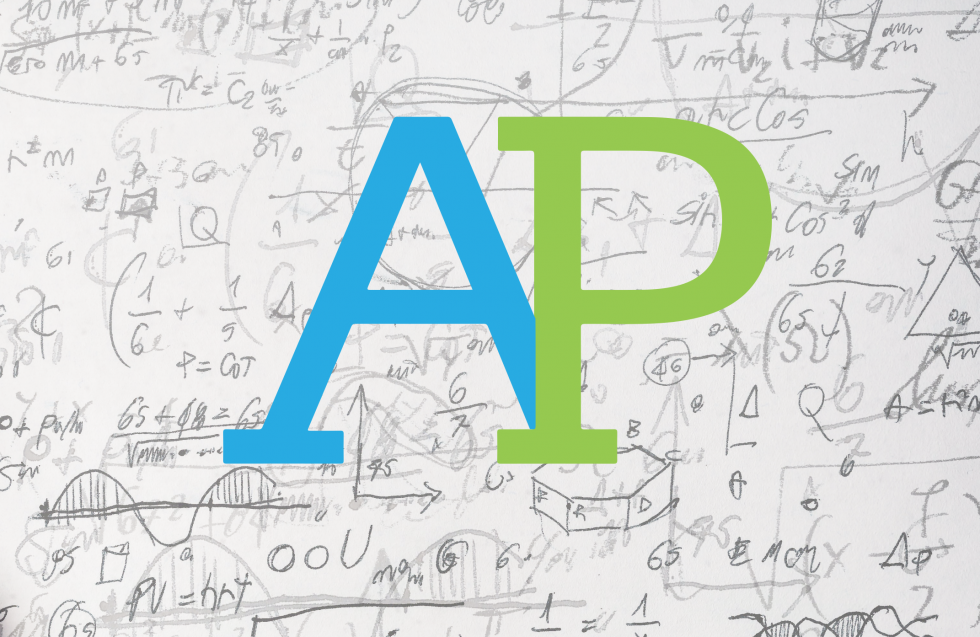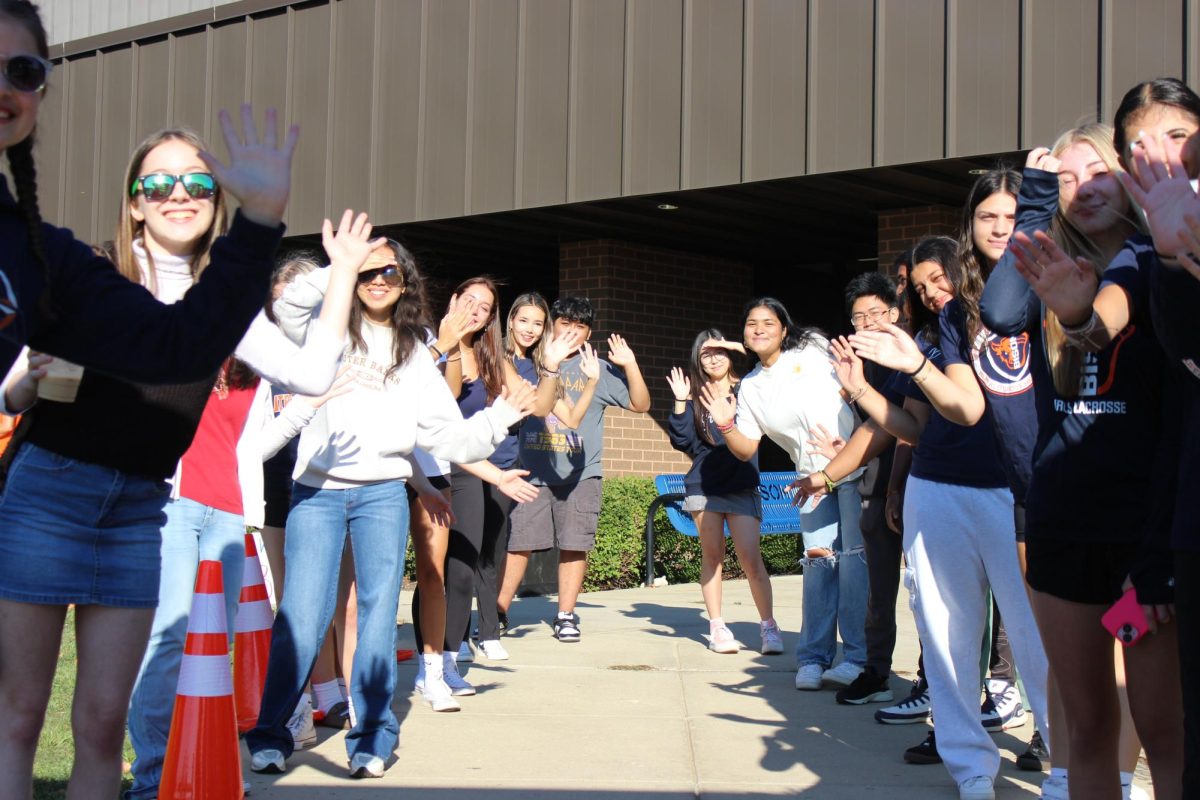The balance of positives and negatives of Advanced Placement Testing in High School is always challenged as the number of people who take AP exams increases every year. Each year at our school in May, we have AP exams. AP exams are carved from taking an AP class and that allows students to earn college credit and seek a higher placement. They must study and show their mastery in the class. AP exams have been around since 1952 and were made by the College Board. College Board is a non-profit organization that helps teenagers with their next step in life by providing credits to make it easier and affordable to go to college. College credits are from the amount of hours you spend on a course and those can be used for recognition from a student. When taking the exam in May, you can only get a 1-5 score. It’s not necessary to take the exams, so not everyone will take one and it’s not required to get into a good college. I asked students in BGHS about their AP testing experience and here’s how one answered about if AP exams are necessary to get into a good college. “No, but they help demonstrate your ability in the class to colleges and if you do well, there is a chance you don’t need to take the class.” You get the chance of having not to take a subject in college that can help benefit a student’s workload but, if you don’t do well, it can mean you have to take the course.
AP exams have positive and negative aspects that would affect your score and have methods to use when taking the test. It’s important to know what resources students can use. I have asked other students in BGHS about what they think about the positives in AP exams. The positives are how much time you have before taking the AP exams and the higher the score you get, the better of a chance for the student to get into a more suitable advanced class for them. The exams are always in May which gives students time to study and remember the previous units. One student said, “Taking practice tests, reviewing in-class and online notes.” Another commented, “Watching videos and reviewing packets.” These could be helpful for you and have used what you can do before the months come. A student can start studying by March or April. It depends on what the pace that student wants to set for themselves. Whether it’s slow or fast, the amount of time and studying always matters.
The negative aspects are costs and how the tests can play a big part in your education. I asked some students about how they feel about AP exams and how they play a part in our school. “I think if you’re taking an AP class then you should just take the test because you’ve already done all the work to learn it, and a lot of teachers structure the class around preparing for the AP exam. I also think that the tests are way too expensive.” A student answered but another student said, “The idea of AP exams I like. Allowing students to take college classes and earn college credit, saving them time, and money, and allowing them to take more rigorous/advanced courses in college is amazing.” The test will be difficult especially if you haven’t studied, and different strategies can help. Something that can be a problem is the cost. Each AP exam that you sign up for will cost approximately $100 for each exam you take for each year. The money can be expensive especially if a student wants to take multiple AP exams in May. Thankfully, it can be fixed by getting aid but the cost can be a problem for students.
There’s a plethora of AP classes a student can take, but which one is the hardest for the exams? I asked opinions from other students who have taken the exams from their personal experience and they commented on AP Human Geography, AP Lang, and AP US History. Everyone is all different and struggles in different courses when taking a subject so, there isn’t truly the ‘hardest’ one. The national hardest is said to be AP Physics and from other responses I have received from other students, there is a clear agreement of it being the ‘hardest’. AP exams are different from other tests like SAT and ACT. A student said, “Compared to an average in-class unit test or final exam, they are much longer, more rigorous, and less friendly. On an AP test, the goal is to get as many points as possible rather than make the fewest mistakes because the material is designed to trip students up.” Another said, “It’s longer, more specific questions, and you need to be focused.” AP exams will always be an obstacle but also a valuable opportunity to get better at your skills of doing a test and gain college credit in the class. Ultimately, the decision to take an AP exam is yours.






